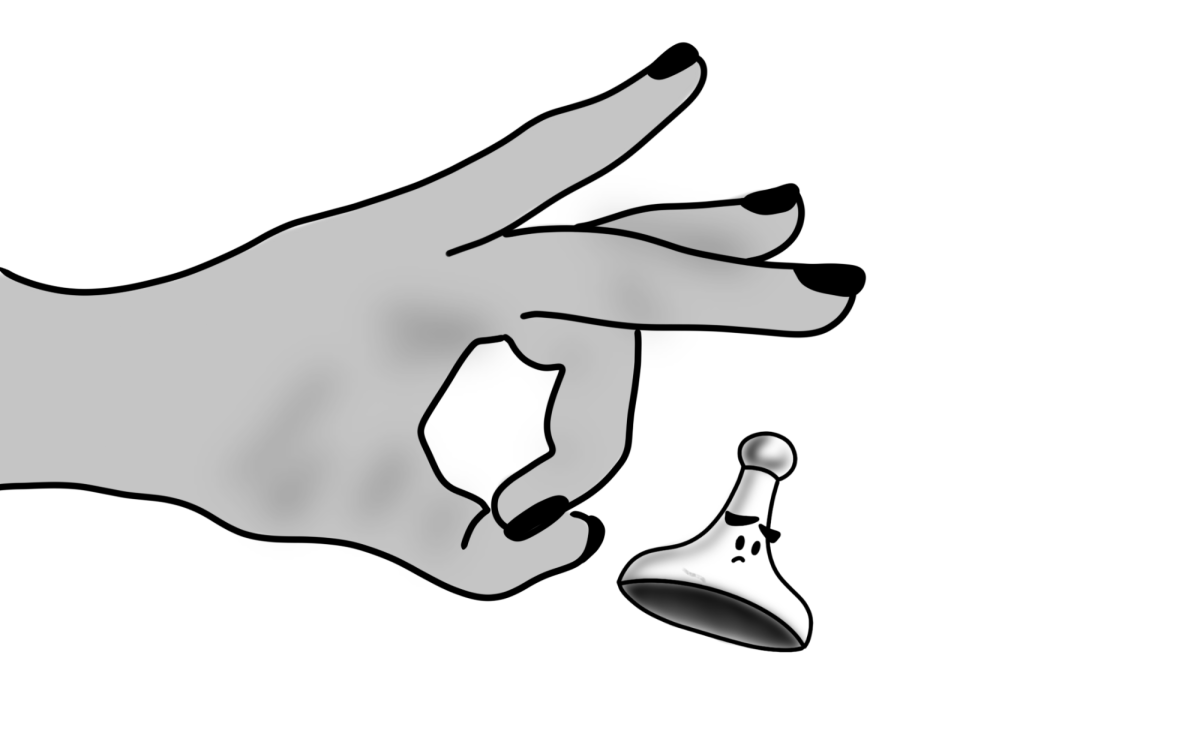As Christmas, Hanukkah, and the beloved Blood Moon Ritual fast approach, we start to notice that it truly is the holiday season. The air carries a slight chill, the chlorophyll pigments in the Starbucks coffee cups have turned a brilliant red, and every single girl at Redwood is wearing her yoga pants, North Face jacket and Uggs. It’s around this time that I start to contemplate the true meaning of Christmas.
I’ve celebrated Christmas every year of my life, but I am not Christian. I, like many other Americans, celebrate Christmas as a secular holiday. I’ve never been to a church on Christmas, or for any occasion other than a wedding, a baptism and a confirmation. On those occasions, as the priest talked about the Holy Ghost, and received rhythmic “amens” and other memorized responses from those around me, I simply shrugged and studied the stained glass around me. Christmas for me is about seeing my brother, drinking eggnog by the fire, listening to Sinatra, and unwrapping presents under the ardent vigil of a jolly fat man in red.
Christmas, in my opinion, is the most important holiday in the U.S. – but not for any religious reasons. It brings even the bitterest of enemies among families together and gives our economy a much needed boost.
Possibly the only crossover of Christianity and the material holiday of Christmas that I celebrate is the occasional porcelain nativity scene that I see while shopping for tree ornaments. Christmas isn’t a religious holiday anymore for a great number of Americans, including myself.
From my first memory of the holiday – as I sat upon the lap of a Prozac addict who wore a beard and asked me what I wanted to magically appear under the dying tree that was impaled in my living room – to where I sit now, it has never been about religion. It was always about something far more sacred, something that spreads a warm and fuzzy feeling throughout my body: the reception of expensive material goods from my parents.
I don’t view the commercialization of Christmas as a negative thing, though. Quite the contrary actually – I see the obligation to buy presents for family members as a chance to reconcile differences with friends and make amends with family members who you are feuding with. As evil as it sounds, nothing settles differences between friends and family like a nice big, expensive gift.







